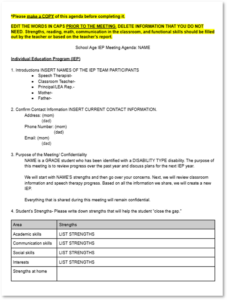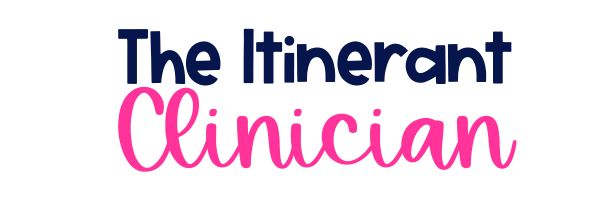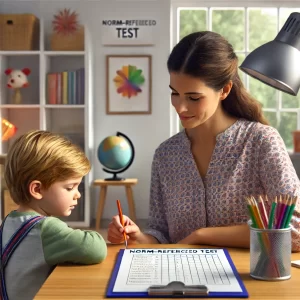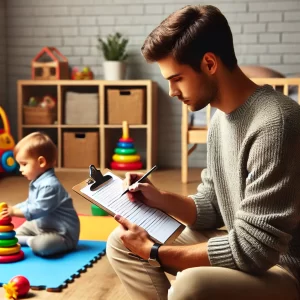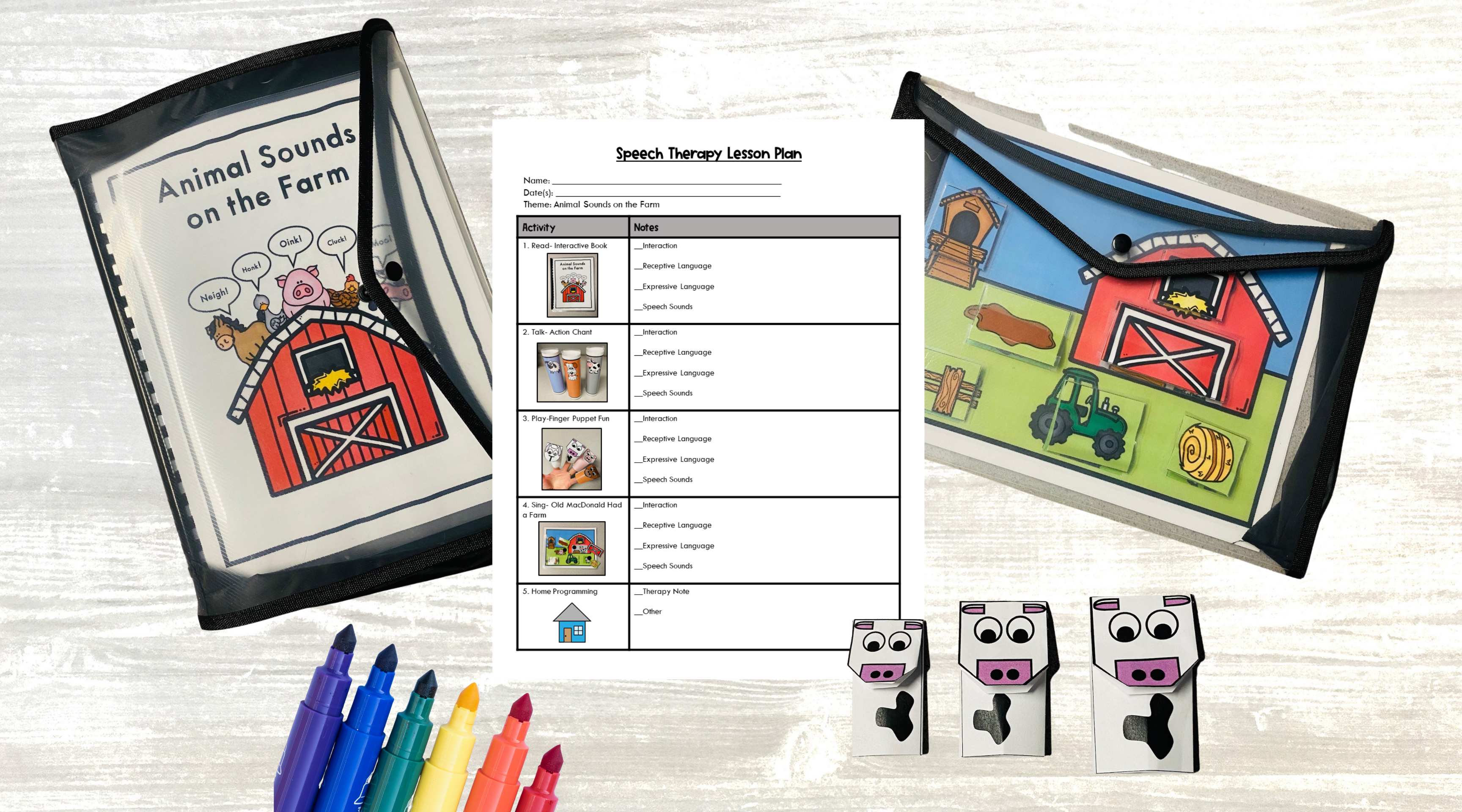Sharing is caring!
As a speech therapist preparing for an Individual Education Program (IEP) meeting, having a well-structured IEP meeting agenda is crucial for ensuring a productive and comprehensive discussion about a student’s educational needs. In this guide, we’ll break down the essential components of an effective IEP meeting agenda and provide tips for making the most of these meetings.
Are you looking for an IEP meeting agenda template for you next speech therapy IEP meeting? Purchase this editable IEP meeting agenda template, which is part the My SLP Hub file folder, and save time!
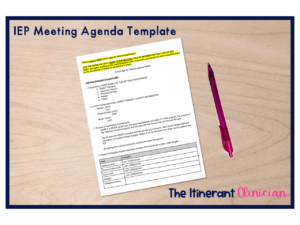
Key Components of an IEP Meeting Agenda
1. Team Introductions
Every IEP meeting agenda should begin with proper introductions of all team members present. (If you don’t know who to invite to an IEP meeting, read this blog post.) The team typically includes:
- Speech Therapist
- Classroom Teacher
- Principal or LEA Representative
- Parents/Guardians
- Other relevant specialists
2. Contact Information Verification
Maintaining accurate contact information is essential for ongoing communication. The agenda should include space to verify:
- Current addresses for both parents
- Updated phone numbers
- Email addresses
- Preferred contact method
3. Meeting Purpose and Confidentiality Statement
A clear statement of purpose helps set expectations and remind participants of the meeting’s goals. This section should:
- Identify the student’s grade level and disability classification
- Explain that the meeting will review past progress
- Emphasize the confidential nature of all discussions
4. Student Strengths Assessment
Before diving into challenges, it’s important to discuss the student’s strengths across multiple areas:
- Academic capabilities
- Communication abilities
- Social skills development
- Personal interests
- Strengths at home
5. Parent Input Section
Parents should have dedicated time to share:
- Current concerns
- Observed progress
- Medical updates
6. Present Levels of Performance
This comprehensive section should cover:
Academic Performance:
- Reading levels and assessment data
- Math skills and assessment data
- Participation in intervention programs
- Other classroom performance metrics that are important to share
- If the student is performing below what is expected, state the grade-level expectations.
Communication Skills:
- Receptive language abilities
- Expressive language abilities
- Make sure to state what is expected for the child’s age/grade
Functional Performance:
- Social skills comparison with peers
- Behavioral observations
- Attention span and task focus
7. Goal Setting and Support Services
The final portion should address:
- Long-term goals and specific objectives
- Recommended supplementary aids and services
- Specially designed instruction needs
- Testing accommodation requirements
- Progress monitoring methods
Best Practices for Using the Template
- Advance Preparation
- Pre-fill information that’s already known. This will make your meetings shorter if you already have your data included in your agenda.
- Gather relevant assessment data
- Collect input from all team members
- During the Meeting
- Follow the agenda sequence
- Take detailed notes
- Ensure all voices are heard
- Document decisions and action items
- An IEP meeting is not the time to tell multiple “cute” stories about the student. Try to keep stories to a minimum.
- Follow-up Protocol
- Establish how progress will be communicated
- Set clear timelines for implementation
- Define communication channels
Conclusion
A well-designed IEP meeting agenda serves as more than just a meeting guide—it’s a crucial tool for ensuring that all aspects of a student’s educational needs are thoroughly addressed. By following this structured approach, education teams can conduct more effective meetings that truly serve the best interests of their students.
Remember to provide the final IEP document to all team members and maintain open lines of communication throughout the school year. This collaborative approach, supported by a comprehensive agenda, helps create the best possible educational experience for students with special needs.
Don’t waste time creating your own IEP meeting agenda when I have one for you. Click on the picture below to see an example of the first page. Then, click here to purchase.
